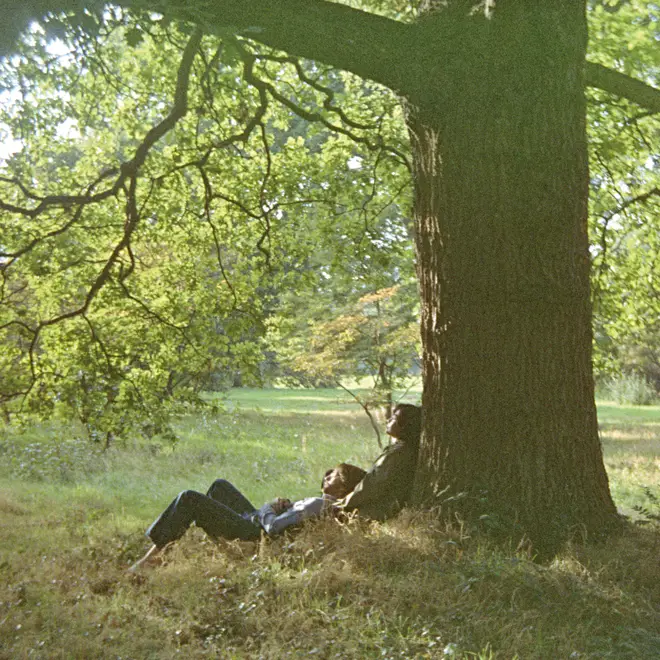On Air Now
The Boxing Day Kickabout with Johnny Vaughan 11am - 2pm
27 September 2023, 18:55
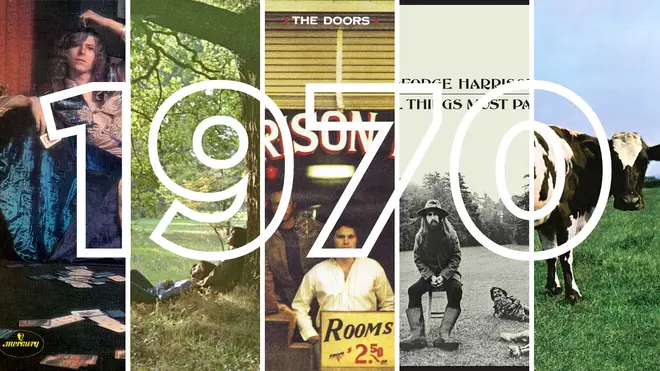
Looking back at the dawn of the 70s with Morrison Hotel, Atom Heart Mother, The Man Who Sold The World, All Things Must Pass and more.
Turn up Radio X Classic Rock on Global Player here- dedicated to the greatest classic rock music of all time
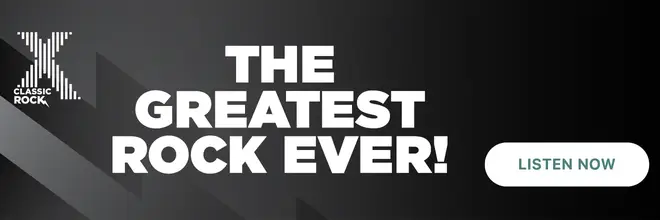
The former Pink Floyd frontman had been ousted from the group after his unreliability had become too much of a problem and he only finished two full solo albums before he effectively retired. The sole single to be taken from the album was the quirky Octopus.
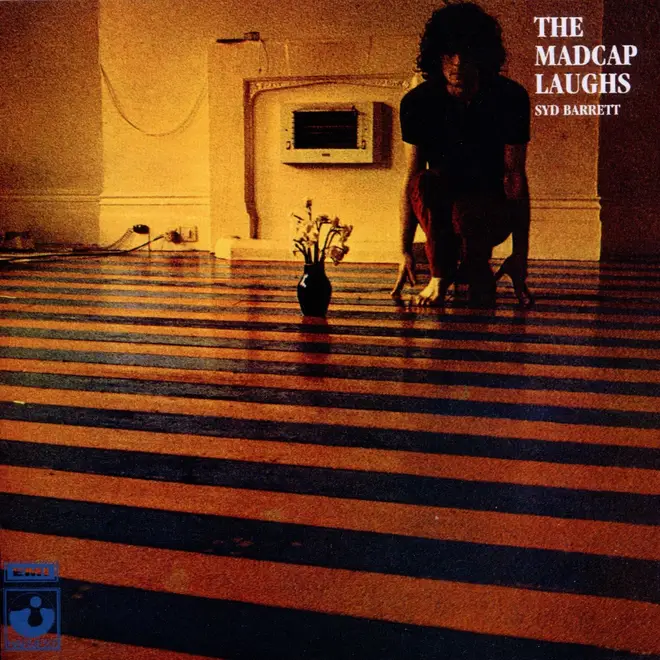
The third solo album from the former frontman of Them included the singles Come Running, Crazy Love and the memorable title track.
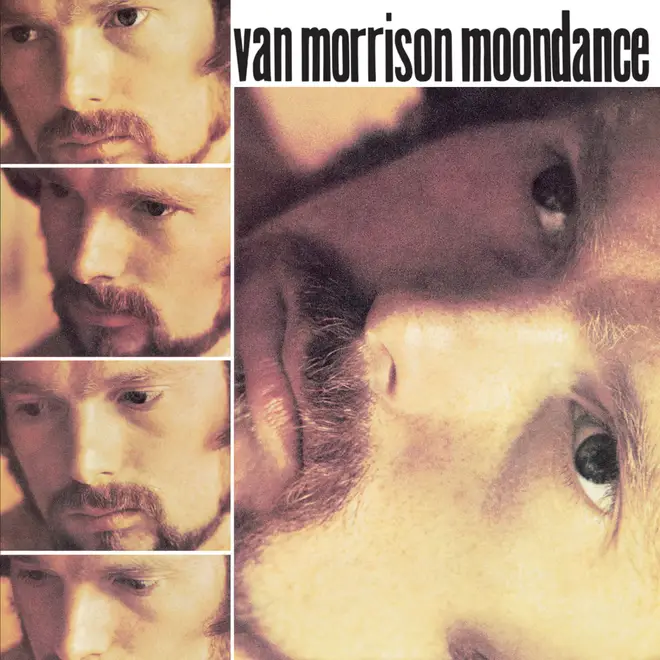
The duo's fifth and final album together was their biggest: aside from the monumental title track, it also included The Boxer and Cecilia. Paul Simon went on to a notable solo career, while Art Garfunkel turned his hand to acting, most famously in the films Carnal Knowledge and Catch-22.
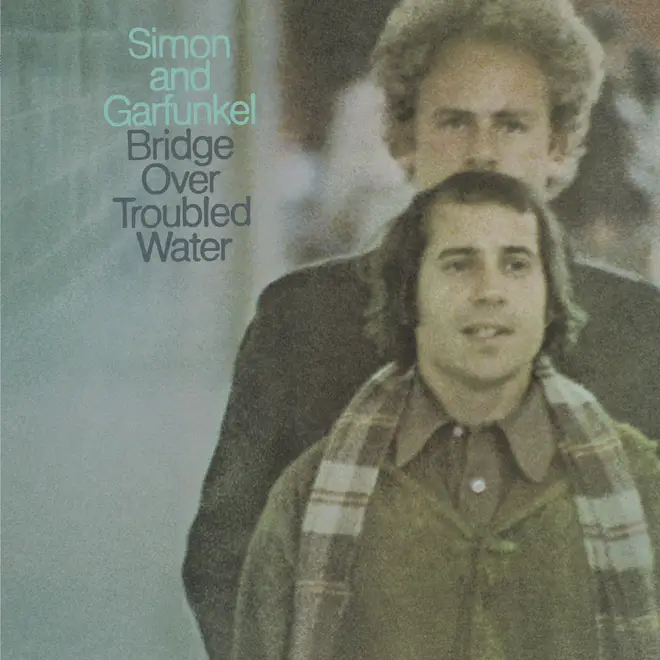
The fifth album from the LA psychedelic rockers included the singles You Make Me Real and Roadhouse Blues plus the funky Peace Frog.
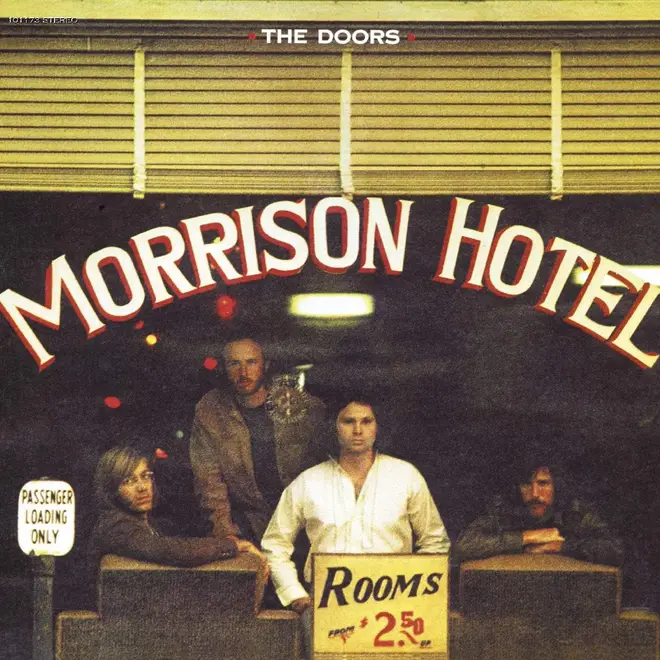
The folk rock supergroup expanded their line-up with the addition of Neil Young and and this second outing included the hippy hit Woodstock, plus Teach Your Children, Our House and Carry On.
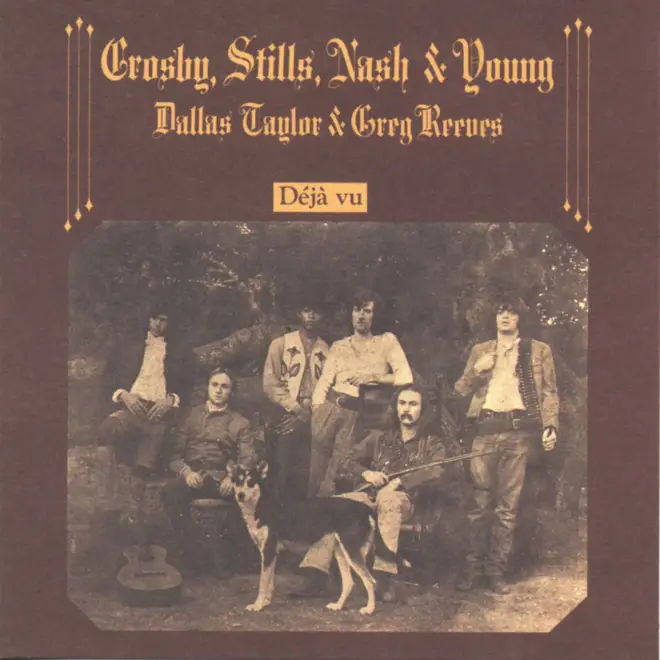
Macca's first solo album was overshadowed somewhat by the accompanying press release which effectively ended The Beatles. Paul had claimed he'd left the band and recorded this first outing mainly at home. Tracks included That Would Be Something, Every Night, a couple of unused Beatles-era tunes in Junk and Teddy Boy and the epic Maybe I'm Amazed.
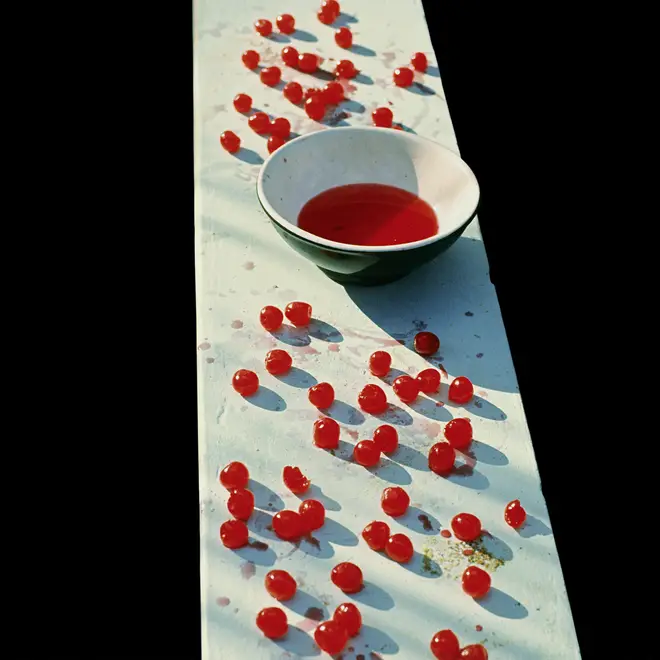
The final album from the Fab Four was issued a month after the news broke that the band had split. Compiled of material recorded over a year earlier and put together by producer Phil Spector, the album included the classic title track, Get Back, Across The Universe and McCartney's superb ballad The Long And Winding Road.
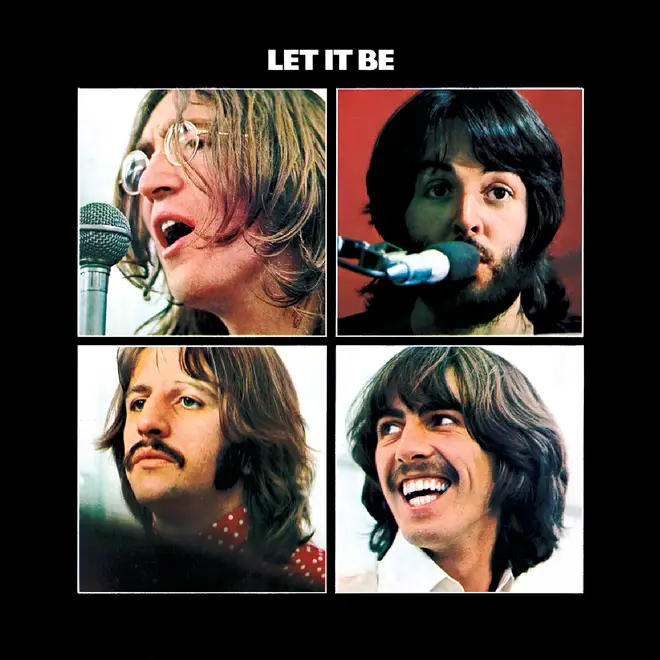
Recorded at Leeds University on 14th February that year, The Who's first live LP is a classic of the genre and includes their monumental take on the Eddie Cochran tune Summertime Blues, plus a mammoth version of their own My Generation that lasts 15 minutes.
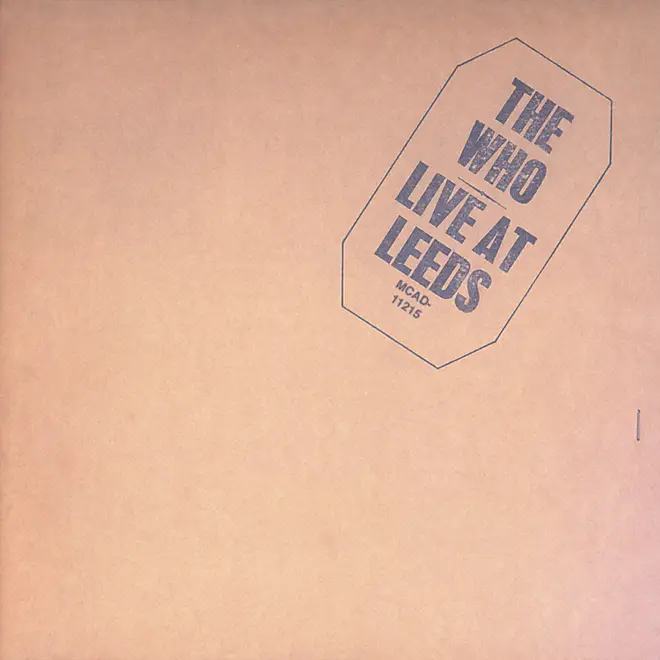
The fourth album from the British heavy rock outfit featured the classic line-up of Ritchie Blackmore, Ian Gillan, Roger Glover, Jon Lord and Ian Paice. Tracks included the hit Black Night and Speed King.
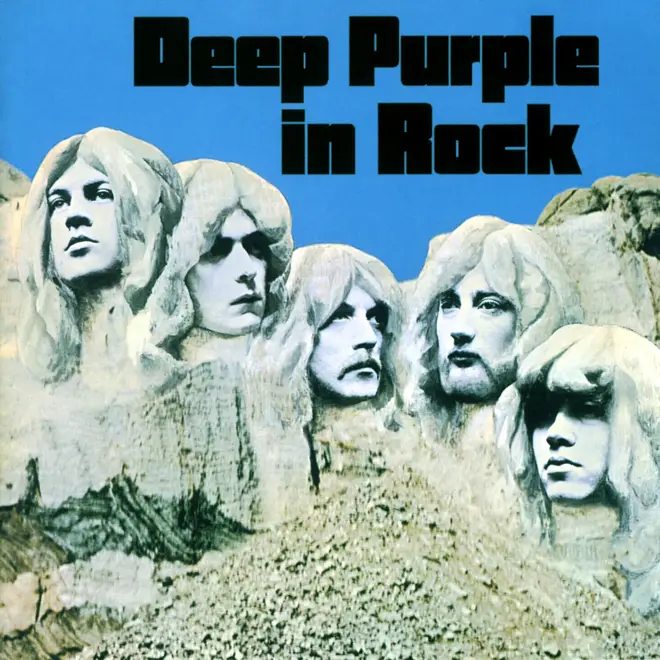
The third studio album from the British rock band was their big breakthrough moment, and included their most famous song All Right Now.
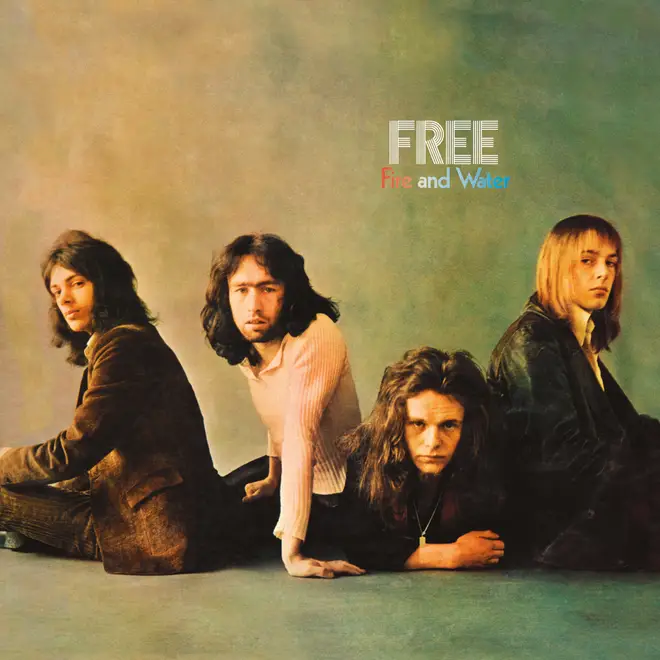
Iggy Pop and his pioneering proto-punk cohorts released their second album, which included the tracks TV Eye, Dirt and the incendiary 1970.
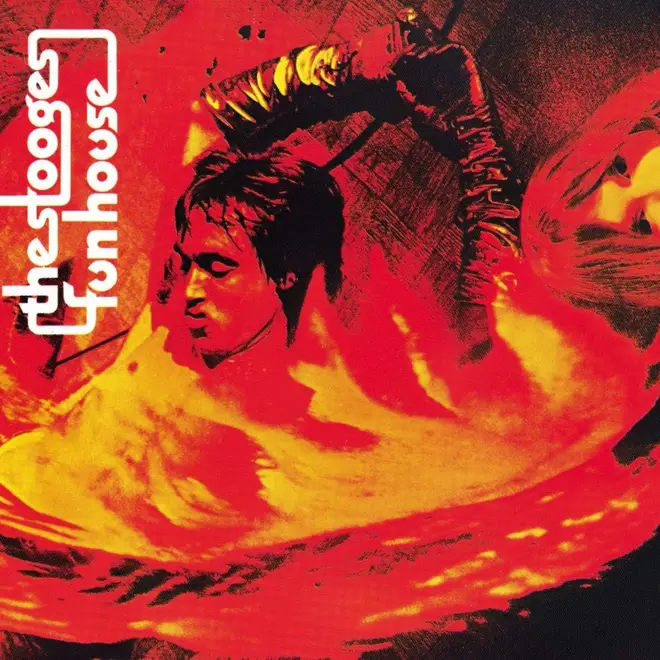
The third solo album by the singer-songwriter was one of his
best-known releases and featured the songs Southern Man, When You Dance I Can Really Love and Only Love Can Break Your Heart.
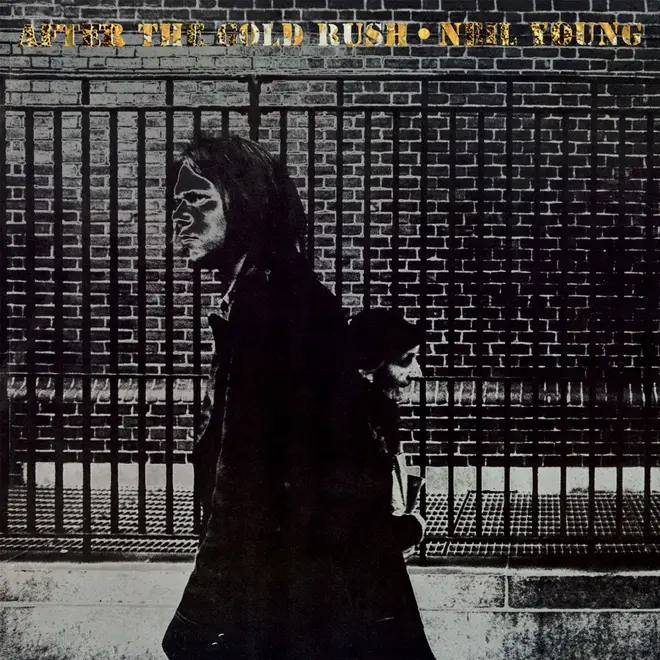
The Chicago soul legend's debut album included his classic single Move On Up, plus the single (Don't Worry) If There's A Hell Below, We're All Going To Go.
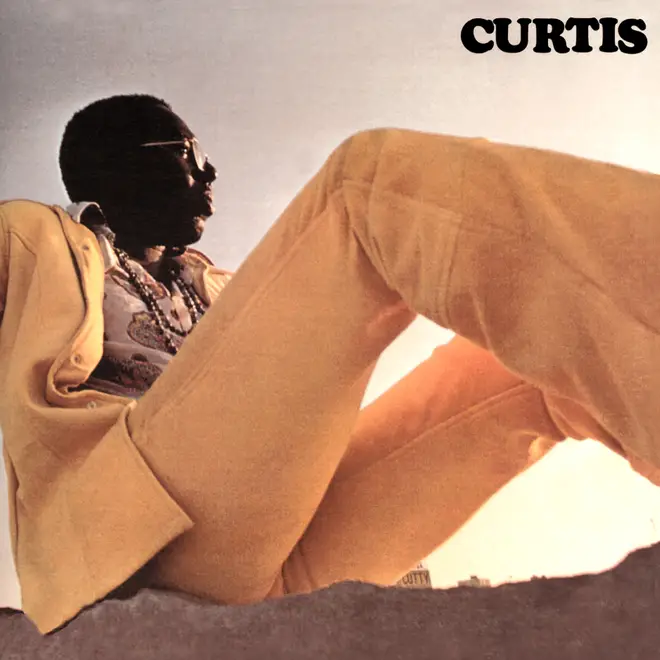
The Stones returned to live performance in 1969 after a couple of years out of the loop and found that audiences had changes and "rock" music was now being taken seriously. This amazing document captures them in action at New York's Madison Square Garden (apart from one track taped in Baltimore) with a track list that includes Jumpin' Jack Flash, Midnight Rambler and Sympathy For The Devil.
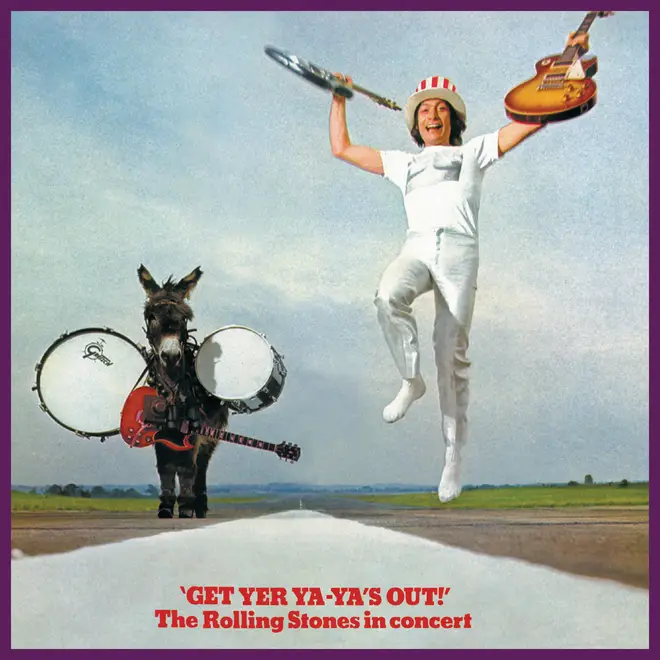
Sabbath's first, ground-breaking self-titled album was released in February of 1970, but it was the follow-up later in the year that gave birth to their most famous song: Paranoid. The single made No 4 in the UK charts, while the parent album made the top spot. Also included were the tracks War Pigs, Iron Man and the chilled-out Planet Caravan.
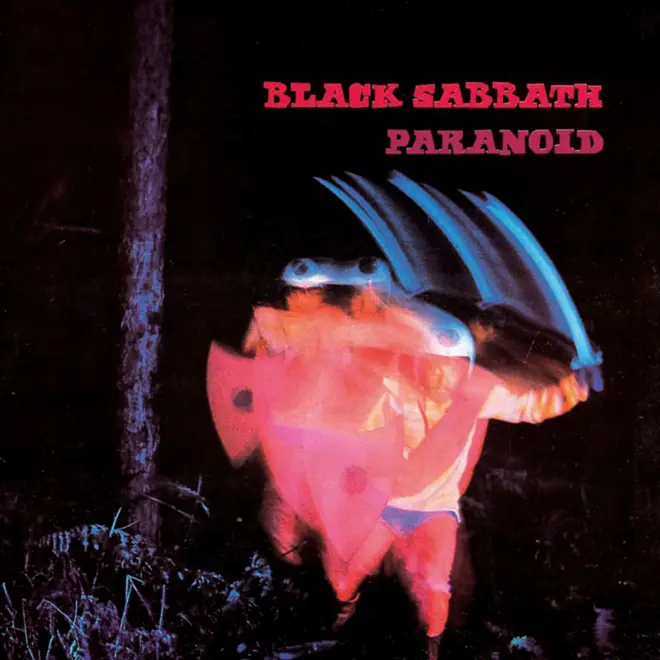
The prog band's fifth album included an ambitious orchestral piece as the title track plus the songs Summer '68, Fat Old Sun and the wacky sound collage Alan's Psychedelic Breakfast.
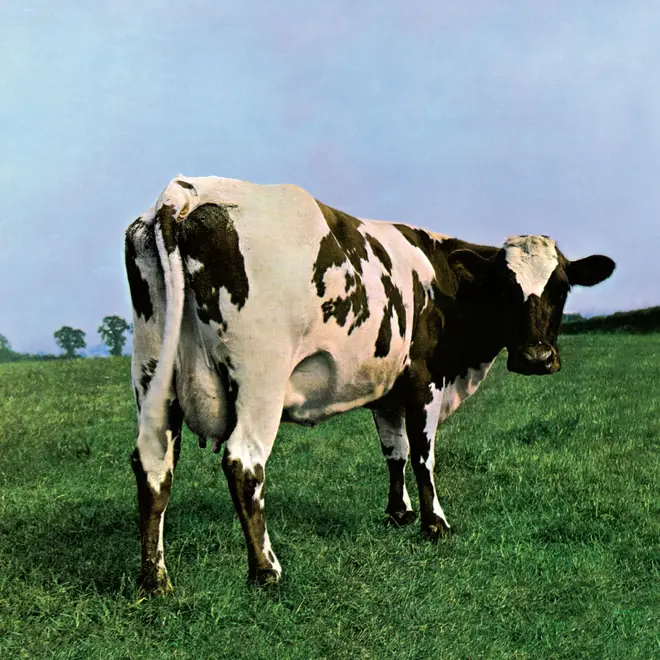
Zeppelin's third self-titled album came complete with a rotating card wheel attached to the cover for some visual fun, plus the classic tracks Immigrant Song, Celebration Day and Since I've Been Loving You.
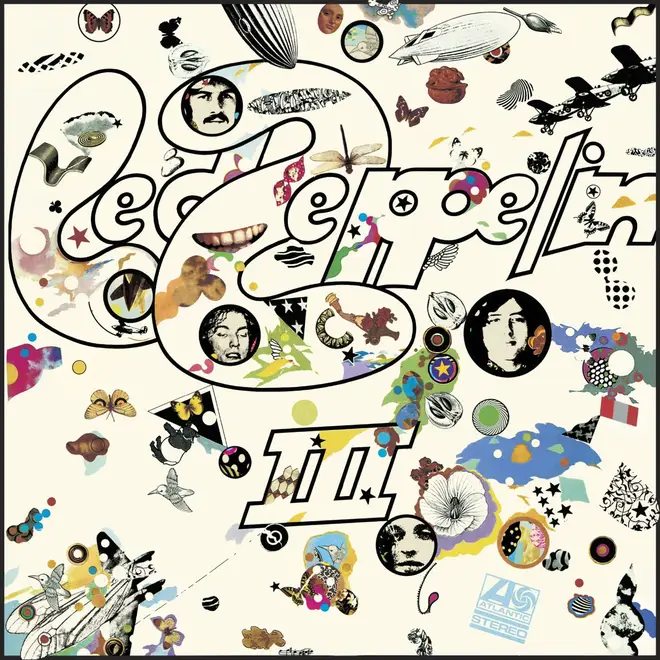
The sixth album from the American singer-songwriter (and father of Jeff) was one of his most popular releases, including the title track and Song To The Siren.
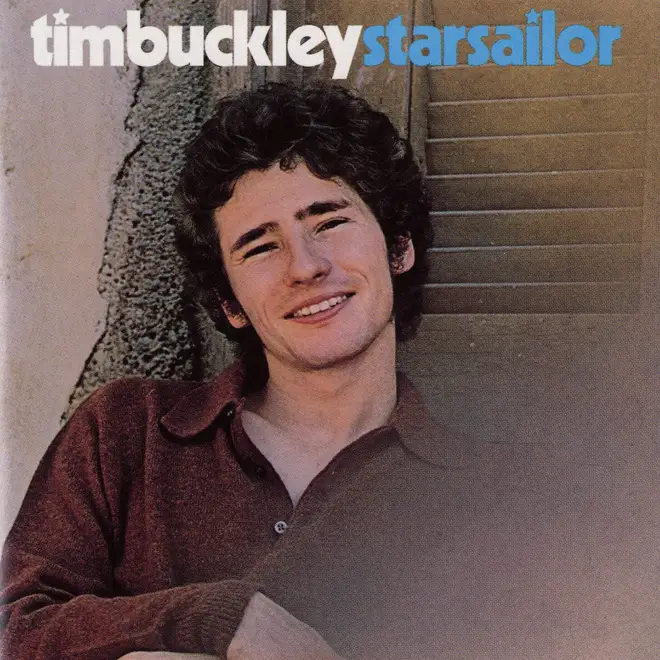
Bowie made the transformation from acoustic hippy to would-be rock god with this progressive album that paved the way for Ziggy Stardust. Key tracks include The Width Of A Circle, All The Madmen and the classic title track, later give a new audience by Nirvana at their 1993 MTV Unplugged session.
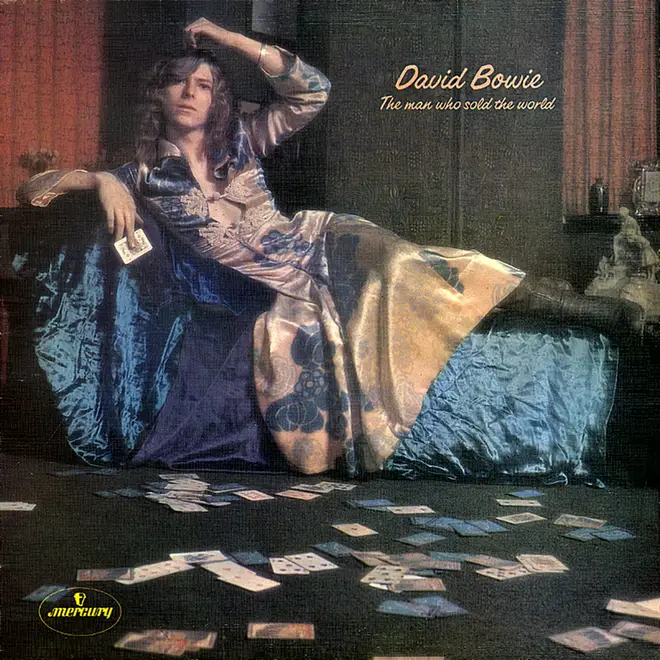
The only album from Eric Clapton's blue rock collective was a double set that included the classic title track, plus Bell Bottom Blues and Tell The Truth, plus a cover of the Jimi Hendrix tune Little Wing.
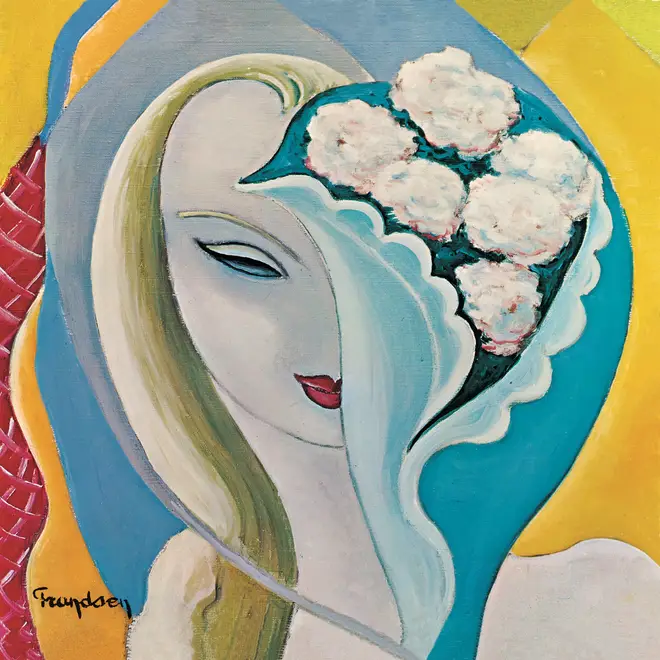
The final album to feature founding member Lou Reed included the singles Sweet Jane, Who Loves The Sun and Head Held High. The band issued one more album, 1973's Squeeze, which didn't feature any of the original members.
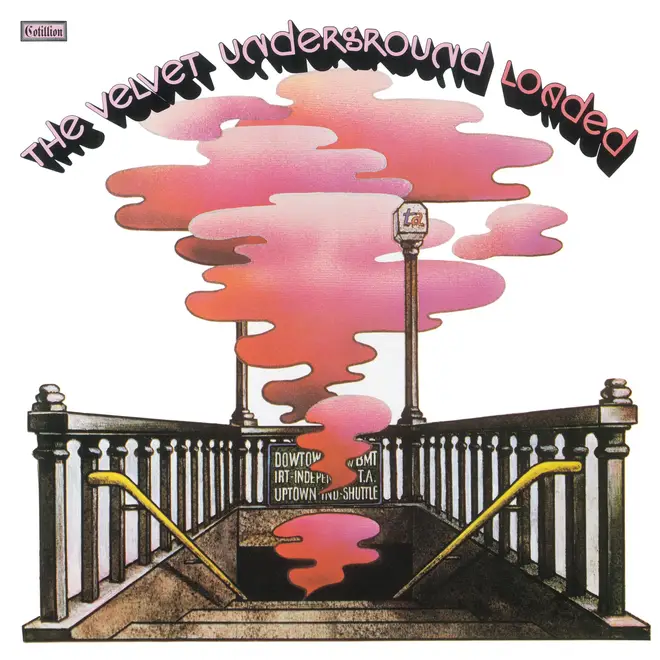
The fourth album from the British singer-songwriter included his hit song Wild World and the classic Father And Son.
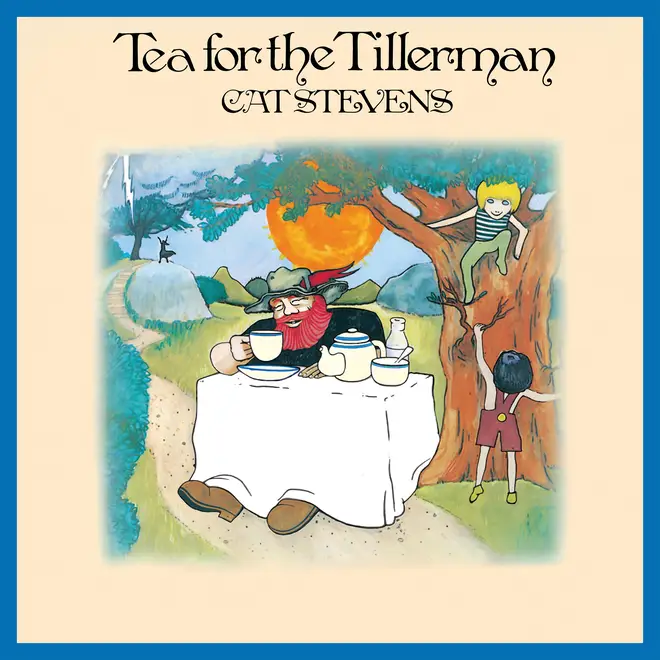
The "Quiet One" amazed the world with his first solo effort, which was a triple album that featured a lot of songs that had been rejected by The Beatles. Tracks included the Bob Dylan co-written I'd Have You Anytime, the hit My Sweet Lord and the epic Isn't It A Pity.
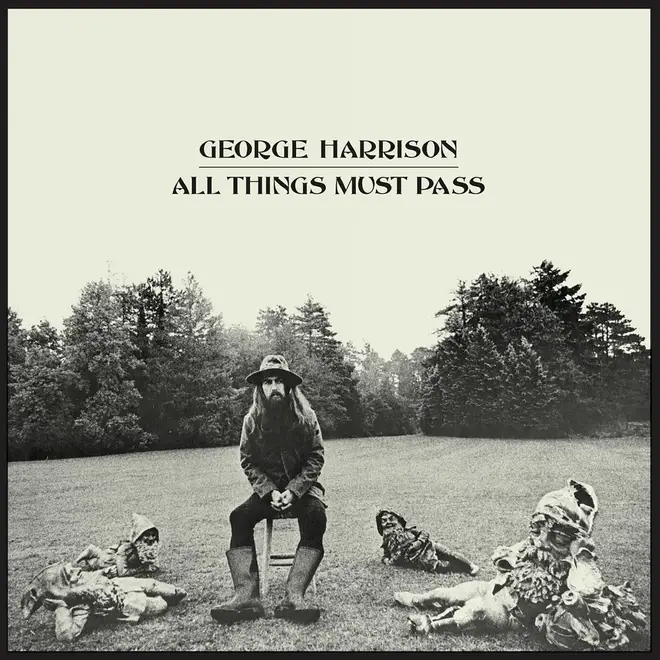
The eighth album from the British rock band was a conceptual piece from Ray Davies and included the hits Lola and Apeman.
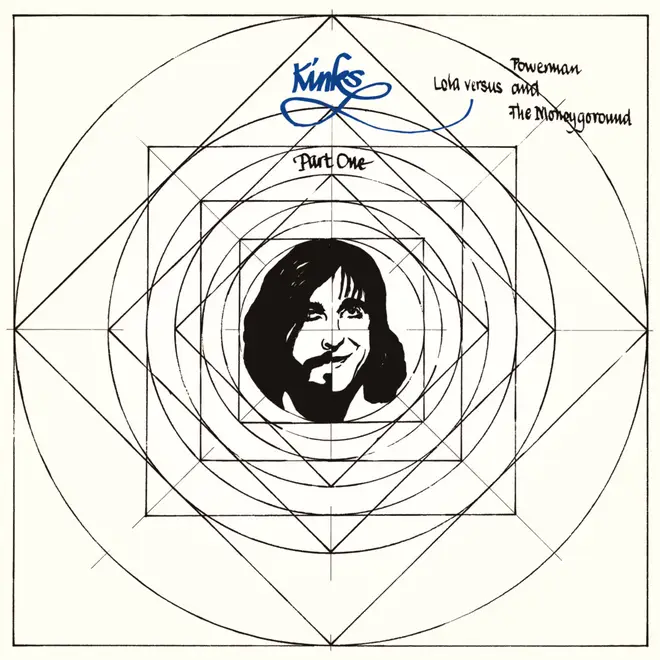
Lennon's first real solo album after a series of experimental releases with wife and collaborator Yoko Ono was best known as the "primal scream" LP after the controversial therapy the couple had undergone earlier in the year. A pioneering example of confessional songwriting, Lennon confronted his childhood trauma head on with songs like Mother, the Beatles break-up on God and society in general on Working Class Hero.
